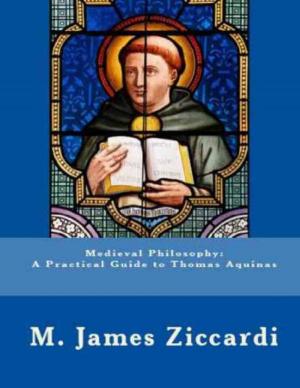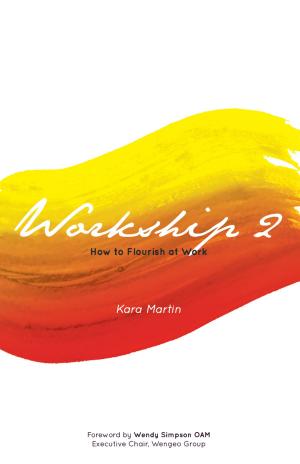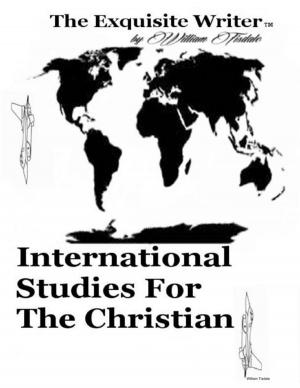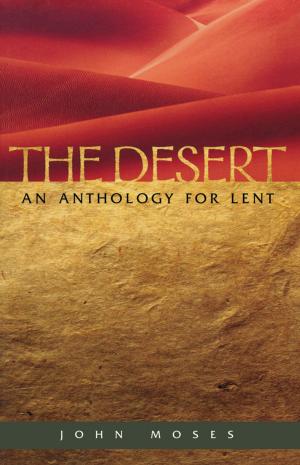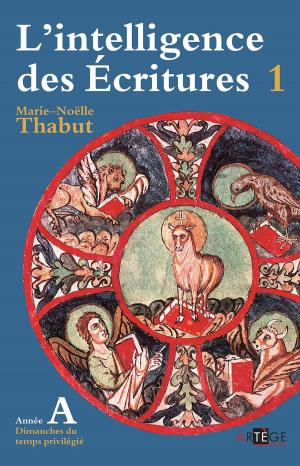Clement of Rome & the Didache
A New Translation and Theological Commentary
Nonfiction, Religion & Spirituality, Christianity, Church, Clergy, Church History, General Christianity| Author: | Kenneth J. Howell | ISBN: | 9781625170668 |
| Publisher: | CHResources | Publication: | January 1, 2013 |
| Imprint: | CHResources | Language: | English |
| Author: | Kenneth J. Howell |
| ISBN: | 9781625170668 |
| Publisher: | CHResources |
| Publication: | January 1, 2013 |
| Imprint: | CHResources |
| Language: | English |
The Letter to the Corinthians by Clement of Rome and the Didache are two of the most important documents from the earliest days of Christianity. Here we stand at the very fount of Christian teaching outside the New Testament. Here we stand at the very fount of Christian teaching outside the New Testament. Clement’s letter and the Didache reveal how Christians were implementing and living out the faith taught by Jesus and passed on by the twelve apostles. The constant threat of schism and doctrinal deviation prompted these earliest writers to pen some of the most enduring wisdom known to the church. When read in conjunction with Ignatius of Antioch’s seven letters, these works display a remarkable unity of faith and morality in the late first century, even before the death of the last apostle, John. These writings show that Rome in the West, Corinth in Greece, and Antioch of Syria in the East held a common faith, taught a common morality, and worshiped in a structured liturgy. The faith delivered to the church was increasingly universal and yet unified. For Christians today, these earliest writings harken back to a time when the unity of faith and morals was a cherished gift and goal among professing believers. No Christian can remain unchallenged and unchanged while reading and absorbing these writings. In a time when Christians everywhere are seeking a greater visible unity of faith and order, these documents provide rich food for thought.
The Letter to the Corinthians by Clement of Rome and the Didache are two of the most important documents from the earliest days of Christianity. Here we stand at the very fount of Christian teaching outside the New Testament. Here we stand at the very fount of Christian teaching outside the New Testament. Clement’s letter and the Didache reveal how Christians were implementing and living out the faith taught by Jesus and passed on by the twelve apostles. The constant threat of schism and doctrinal deviation prompted these earliest writers to pen some of the most enduring wisdom known to the church. When read in conjunction with Ignatius of Antioch’s seven letters, these works display a remarkable unity of faith and morality in the late first century, even before the death of the last apostle, John. These writings show that Rome in the West, Corinth in Greece, and Antioch of Syria in the East held a common faith, taught a common morality, and worshiped in a structured liturgy. The faith delivered to the church was increasingly universal and yet unified. For Christians today, these earliest writings harken back to a time when the unity of faith and morals was a cherished gift and goal among professing believers. No Christian can remain unchallenged and unchanged while reading and absorbing these writings. In a time when Christians everywhere are seeking a greater visible unity of faith and order, these documents provide rich food for thought.



